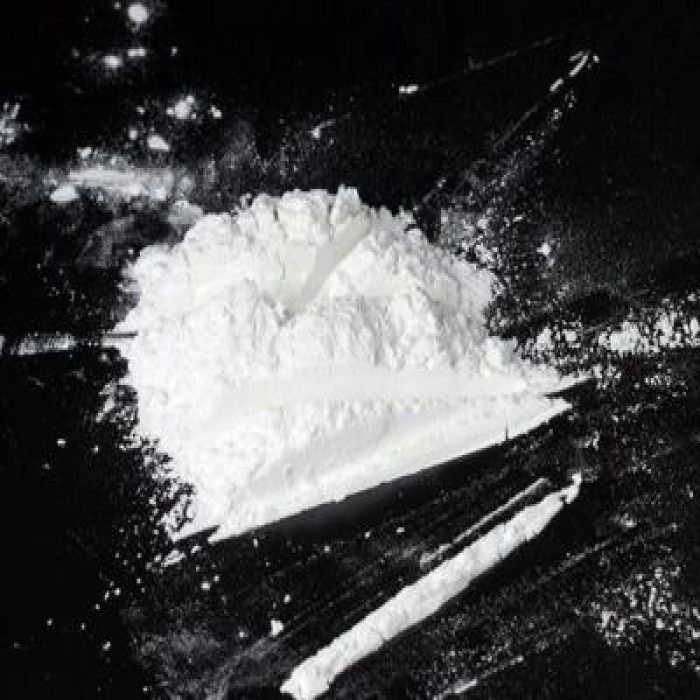
Cocaine is a powerful central nervous system stimulant drug that is derived from the leaves of the coca plant, which is native to South America. This paper will provide an overview of the uses, potential side effects, and risks associated with cocaine use.
Cocaine is a Schedule II controlled substance in the United States, which means it has a high potential for abuse and is only legally available for medical use under strict prescription controls. It is a white powder that can be snorted, smoked, or injected. When used, it creates a feeling of euphoria, increased energy, and alertness. The effects of the drug typically start within minutes of use and can last for up to an hour.
Regular use of cocaine can lead to increased tolerance, which means that a person needs to use more of the drug to achieve the same effects. Cocaine use can have serious and dangerous side effects, including increased heart rate and blood pressure, constricted blood vessels, dilated pupils, and increased body temperature. These effects can lead to heart attacks, strokes, and seizures. Cocaine use can also lead to mental health problems such as anxiety, paranoia, and depression.
Long-term use of cocaine can lead to addiction, which is a chronic and relapsing brain disease characterized by compulsive drug seeking and use despite negative consequences. Withdrawal from cocaine can cause fatigue, depression, and increased appetite. Additionally, snorting cocaine can damage the nasal septum and injecting it can lead to the spread of blood-borne diseases such as HIV and hepatitis C.
In summary, Cocaine is a powerful central nervous system stimulant drug that is derived from the leaves of the coca plant, it is a Schedule II controlled substance in the United States. It is a white powder that can be snorted, smoked, or injected, and creates a feeling of euphoria, increased energy, and alertness. However, it can have serious and dangerous side effects such as heart attacks, strokes, seizures, and mental health problems, and can lead to addiction. Long-term use of cocaine can damage the nasal septum when snorted and can lead to the spread of blood-borne diseases when injected. It is illegal to use it without a prescription and it should be avoided.


